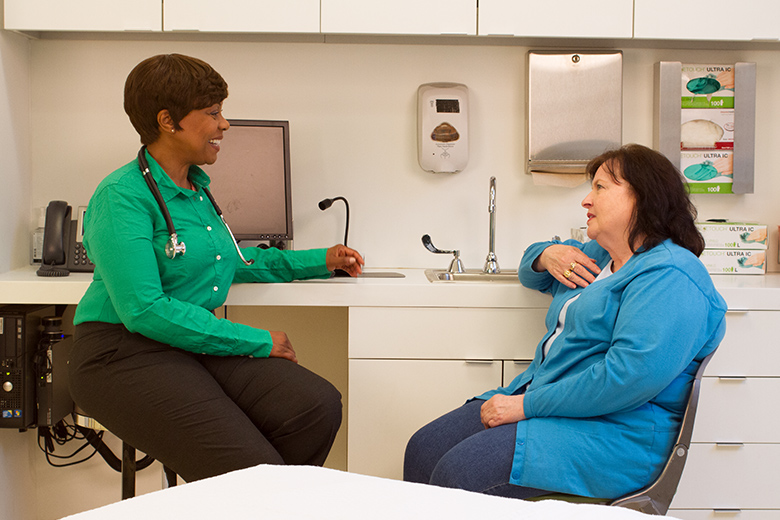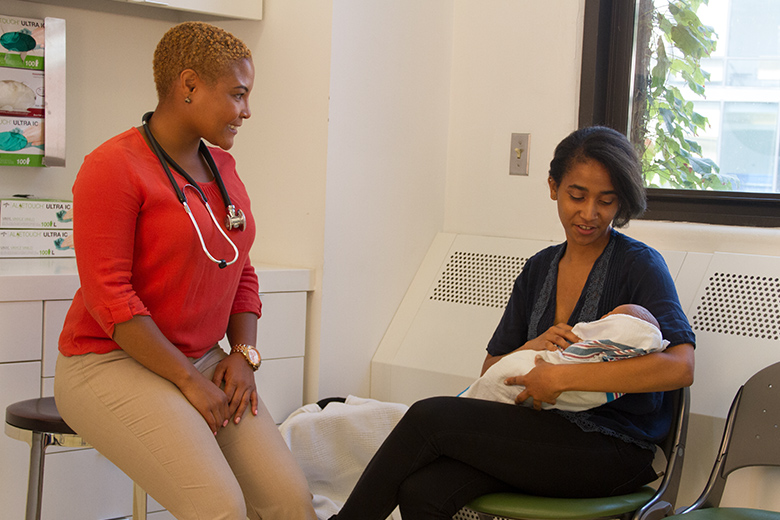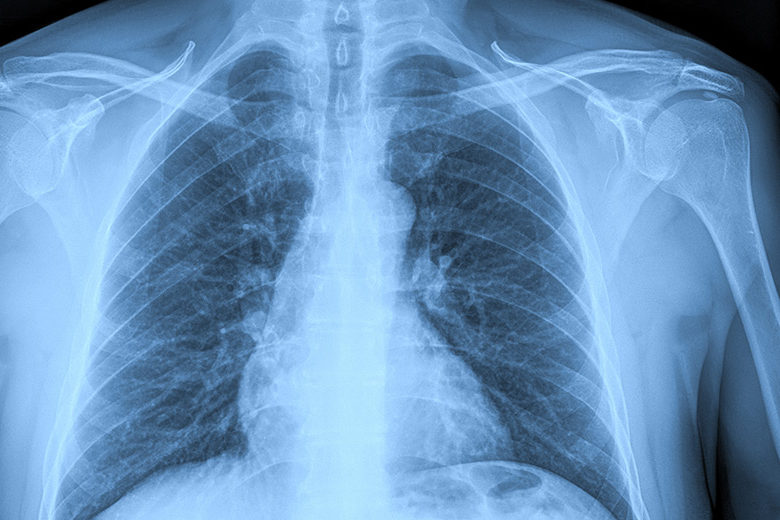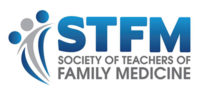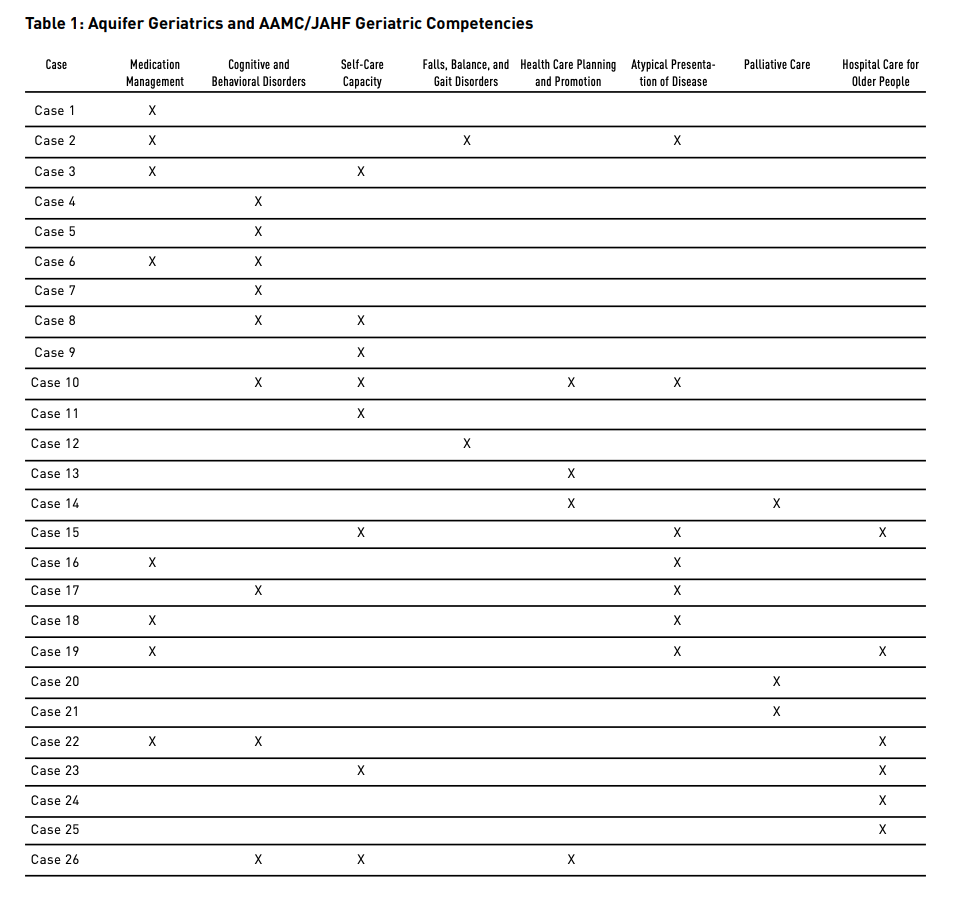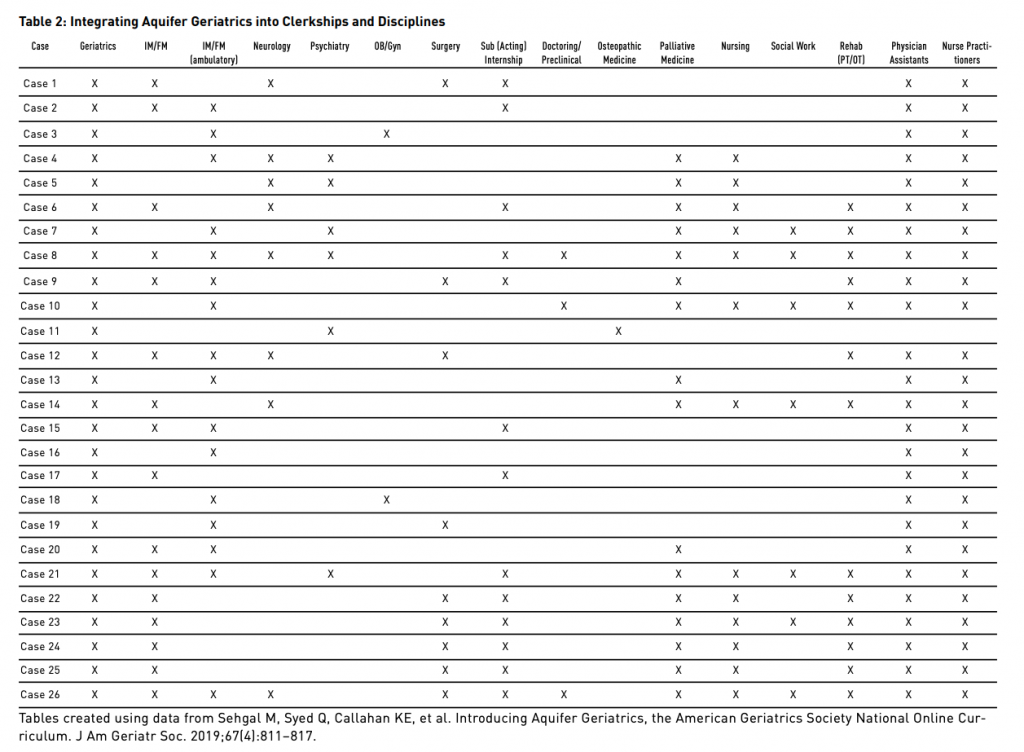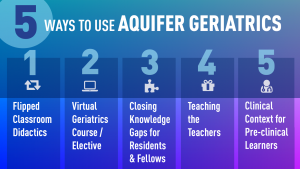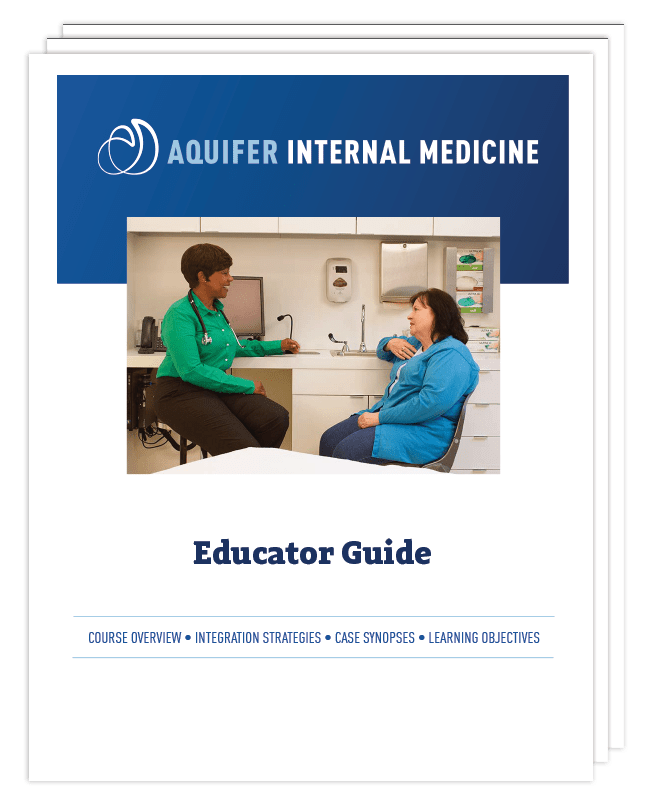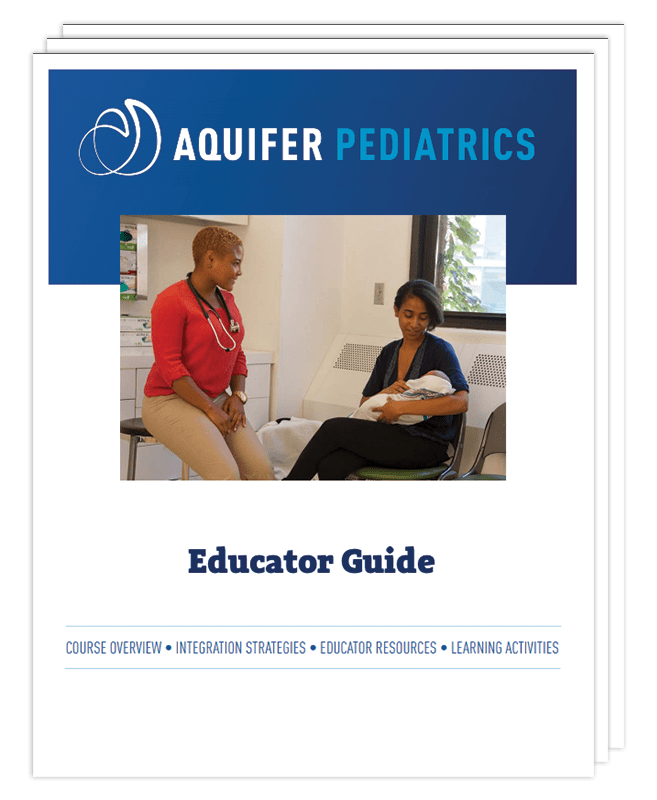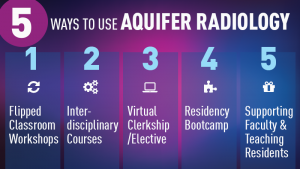

The 15 virtual patient cases in Aquifer Neurology cover topics recommended by leading neurology clerkship directors.
Overview
Neurologic disorders are common and can be associated with significant morbidity and mortality when not adequately diagnosed and treated. Given the critical shortage of neurologists in the U.S., Aquifer is proud to provide this training to ensure all future healthcare practitioners understand a framework to diagnose and treat essential common neurologic diagnoses.
Development of the Aquifer Neurology course was led by Dr. Alexandra Hovaguimian, Assistant Professor of Neurology at Harvard Medical School, and Dr. Doris Kung, Associate Professor of Neurology at Baylor College of Medicine, in collaboration with Aquifer, and the cases were written by neurologists at academic medical centers around the U.S. The course helps students learn the principles of neurology and integrate these principles into the care of their patients, providing an evidence-based, patient-centered approach and supporting the development of clinical problem-solving skills. With a range of cases spanning many specialties, the content stands alone as an educational tool or enriches an existing curriculum.
- Created for educators, by educators, and covers topics recommended by leading neurology clerkship directors.
- Available for institutional subscription or for direct purchase by individual subscribers
- Proven pedagogy that standardizes experiences—overcoming geography, seasonality, and accessibility
- Evidence-based, peer-reviewed, and continuously updated content
- A wealth of source material—including embedded assessment questions and full references—in each case
- Delivered via the Aqueduct teaching and learning platform, which includes user management tools, easy reporting on student progress and course usage, plus tools for creating custom courses to match a specific curriculum
The cases in Aquifer Neurology cover topics recommended by leading neurology clerkship directors and provides realistic patient scenarios to help health professions students on a neurology rotation develop clinical reasoning skills. Several cases also include an embedded curricular thread that covers a related clinical excellence topic.
Aquifer Neurology can be used by third-year medical students, PA students, and NP/DNP students as a complement to a clerkship or course on neurology. Programs may choose to assign all 15 cases or just a subset of cases for their learners.
Additionally, cases from Aquifer Neurology can be used to provide preclinical learners with exposure to this key topic, or combined with cases from our other courses into a custom course to support an elective or capstone course.
Neurology 01: 40-year-old with progressive weakness
Neurology 02: 26-year-old found unconscious
Neurology 03: 23-year-old with episodes of confusion
Neurology 04: 9-month-old with reflux and motor delay
Neurology 05: 34-year-old with numbness and tingling
Neurology 06: 37-year-old with upper extremity weakness
Neurology 07: 68-year-old with essential tremor
Neurology 08: 51-year-old with ptosis
Neurology 09: 75-year -old with memory loss
Neurology 10: 7-year-old with headache
Neurology 11: 24-year-old with headache
Neurology 12: 70-year-old with light-headedness and numbness
Neurology 13: 28-year-old with dizziness
Radiology 09: 34-year-old male Neuro – Trauma
Radiology 10: 40-year-old male Neuro – Vascular and HIV



